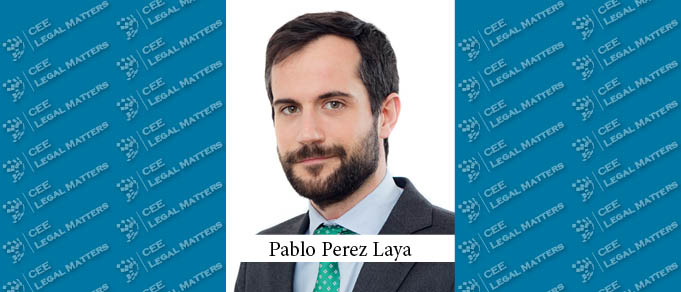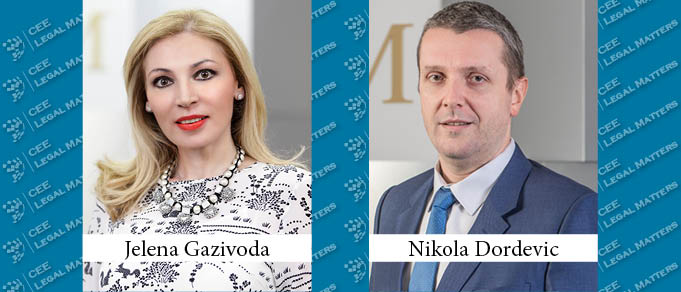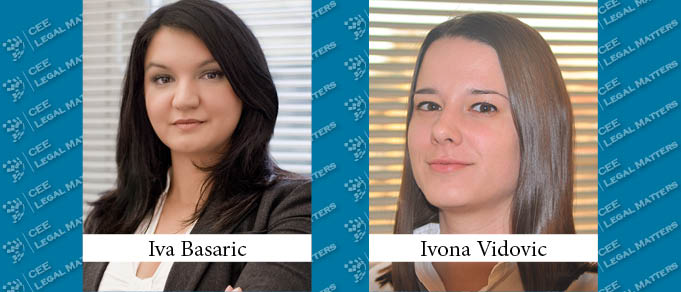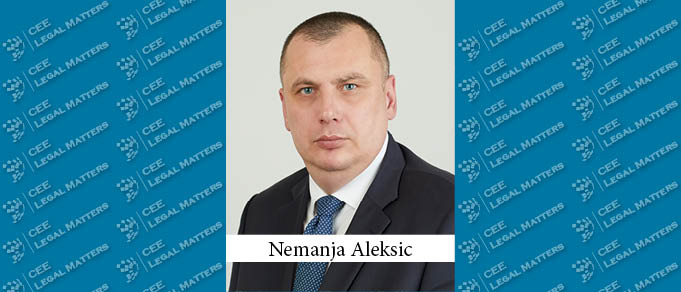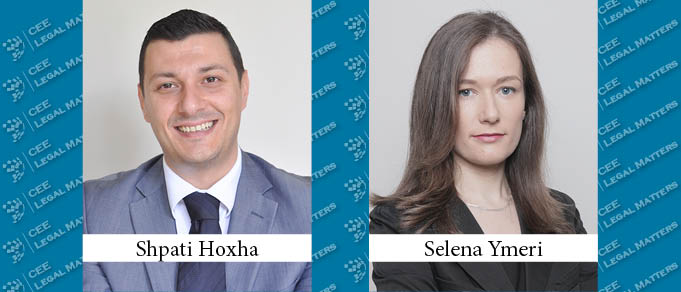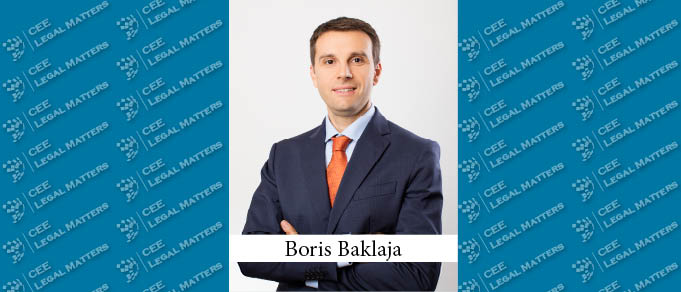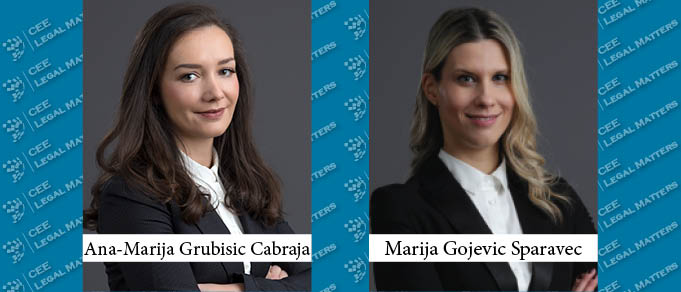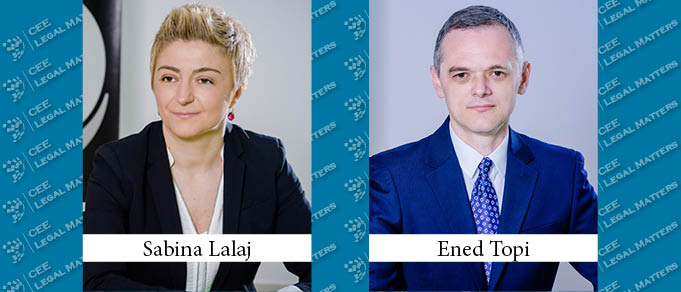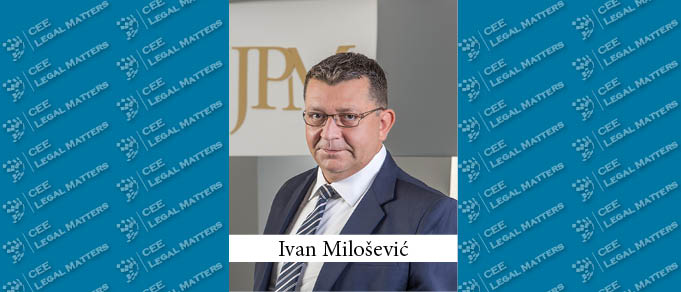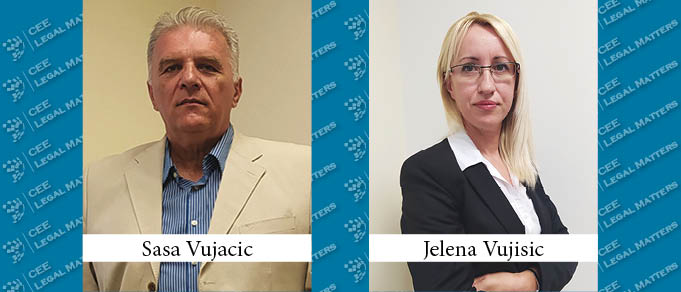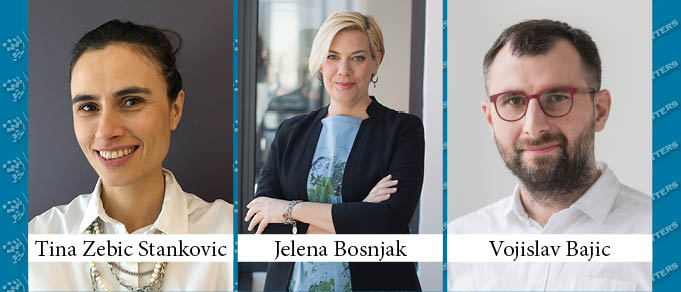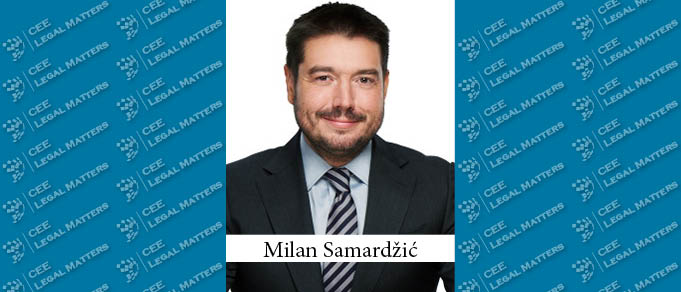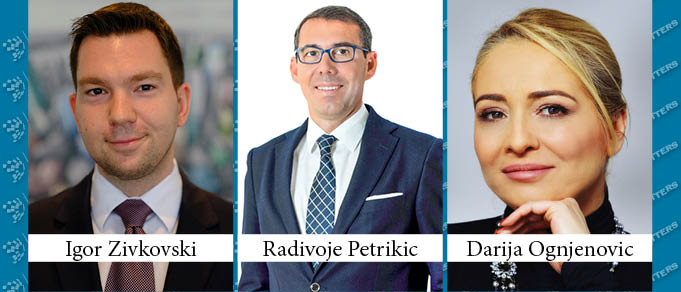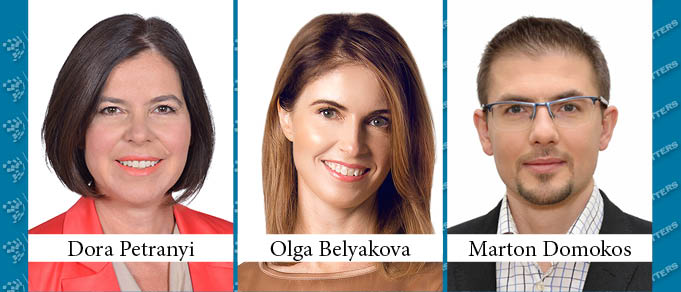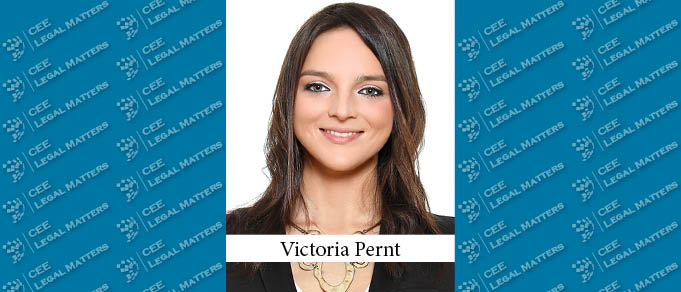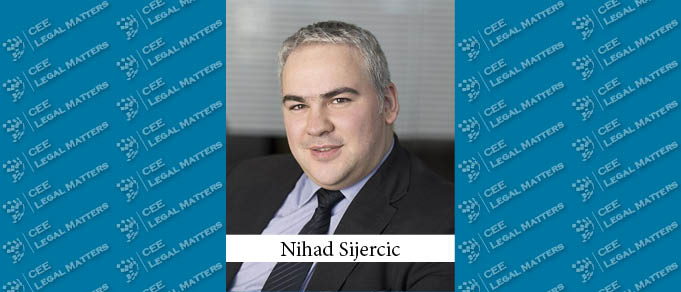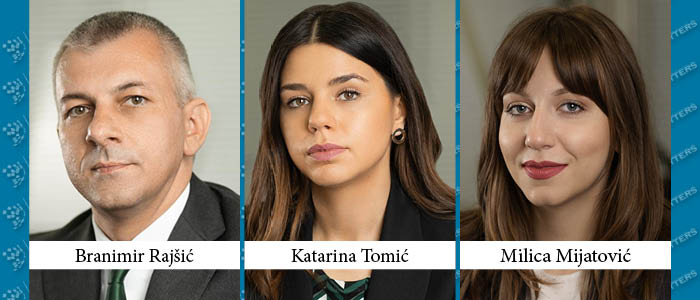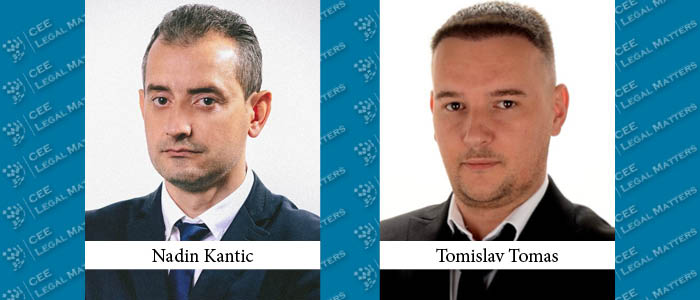Interview with Pablo Perez Laya of BDK Advokati, a Spanish Consultant at BDK Advokati in Belgrade.
Improving the Operational Tools of Serbia’s Natural Gas Market
The Third Energy Package and its solutions directed towards the enhancement of competition in and the development of electricity and natural gas markets became part of Serbian law by the adoption of the country’s Energy Law in 2014. The network codes that were adopted after the adoption of the Third Energy Package further contribute to competition and market development. The obligation of the Republic of Serbia to adopt these acts arises from the 2008 Agreement on Stabilization and Association with the EU and the 2006 Energy Community Treaty. Until these codes are implemented through amendments to the Serbian Energy Law, the principles, solutions, and tools contained within them can be implemented in the individual network codes of each transmission system operator via a public procedure set out by the Energy Law.
Croatia: One Court Decision and its Impact on M&A Deals in Croatia
It has become evident by now that the 2020 global pandemic has reshaped many aspects of the legal industry, with one of the eminent examples being the way M&A transactions are carried out – almost everything has become less certain, more urgent, and largely virtual. As though the circumstances have not been challenging enough, recent developments in local jurisprudence concerning the form of legal documents have started to negatively impact M&A deals in Croatia.
Serbia: Possible Implications of Introducing Personal Bankruptcy for the Serbian Banking Sector
Serbian Bankruptcy Law allows only bankruptcy proceedings of legal entities; unlike in many European countries, natural persons, entrepreneurs, and farmers cannot be subject to a personal bankruptcy proceeding.
Merger Control in Albania
The control of merger transactions was first introduced in Albania in 1995. This law, however, provided only rudimentary guidance, and merger control really took off only after 2003, following the approval of Law no. 9121, “On Competition Protection” (the “Competition Law”), which established an independent competition authority – the Albanian Competition Authority (the ACA) – and provided for procedures that were aligned with EU standards. The Competition Law has been amended a number of times to further approximate its provisions with the EU acquis. The ACA has also issued regulations and instructions for the implementation of the merger control regime.
Serbia: Commercial Arbitration in the Time of Covid-19
As international arbitration should deliver some degree of certainty to the parties, many party representatives and arbitrators have asked arbitral institutions for information and guidance in light of the COVID-19 outbreak in March 2020.
Croatia: Restructuring or Bankruptcy? That is the Question.
It is now more than obvious how much the COVID-19 pandemic has shaken up both global and national economies. Although various measures have already been undertaken to support businesses during this COVID-19 crisis, financial distress of many companies is inevitable, which will ultimately, for many of them, result in bankruptcy or restructuring.
Registering Beneficial Owners in Albania
On July 07, 2020, the Albanian Parliament approved Law no. 112/2020, dated 29.07.2020 “On the register of beneficial owners.”
Serbia: What a Difference a Gene Makes
Genetic testing of biological materials reveals unique information about the physiology and health of a natural person. DNA determines to a large degree what a person will be like. The GDPR says that consent must be obtained from people who will be subjected to genetic research and/or genetic testing for health reasons.
Montenegro: Commentary on Montenegro’s New Media Law
The new Media Law in Montenegro which entered into force on July 6, 2020, will update the country’s legislation in the area. By adopting certain media standards, it is intended to provide the country with the modern legal solutions already present in the countries of the EU.
Marketing with One Arm Tied Behind Your Back: Attorney Advertising Bans In the Former Yugoslavia
Advertising is no easy task for law firms in the former Yugoslavia, and law firm marketing and business development specialists in those legal markets face unique challenges in their attempts to promote their firms and obtain new clients.
Guest Editorial: Navigating the Crisis in the Western Balkans
The COVID-19 pandemic hit the Western Balkans right during a period of accelerating economic activity and a promising economic outlook for 2020. The rapid spread of the virus forced the governments of the Western Balkans countries to introduce protective measures, lockdowns, and temporary business shutdowns. These restrictions had a devastating direct economic impact on a wide range of sectors – particularly the hospitality and transport industries – and the measures had many indirect side effects that significantly decreased economic activity.
The Serbian Situation
Prominent Serbian attorneys provide an overview of the country’s prospects heading out of the recent election cycle and into an uncertain future.
Data Implications of Remote Working
Doing business remotely continues to gain in popularity, both allowing work to continue (often from home) when pandemic conditions require it and actually increasing many individuals’ overall productivity in certain industries. Despite its advantages, however, the data implications of remote working have recently become more complex.
Beyond Dispute
New Counsel Victoria Pernt on Schoenherr’s impressive Arbitration practice.
Building Blocks of CEE: Duncan Weston Brings CEE to CMS
Rare is the opportunity to participate in a wave of enthusiastic transformation – a breaking-away from old ways and a journey to uncharted regions. Duncan Weston, Executive Partner at CMS, has played a fundamental role in several different law firm and legal industry transformations. And he’s not done yet.
Guest Editorial: Marketing in a CEE Law Firm
I have always been a fan of marketing and felt that there was something special about it, even back before I had any real practical experience with it. My career started at an international law firm – Hogan Lovells – where marketing was handled both centrally and locally. I became a fan of the field and learned to consider the brand as something potentially very valuable and helpful both in attracting new clients and employees and in retaining existing ones. It also showed me that marketing activities must be conducted systematically.
Bosnia and Herzegovina: Ethnicity and Competition Law
There is an interesting legal tool in the Competition Law of Bosnia and Herzegovina (originally adopted in 2005), that is seldom seen in other jurisdictions. Per the legal framework, the governing body of the local competition authority, the Competition Council, consists of six members appointed in order to reflect the complex ethnic structure of the country: two Bosnians, two Croats, and two Serbs.

